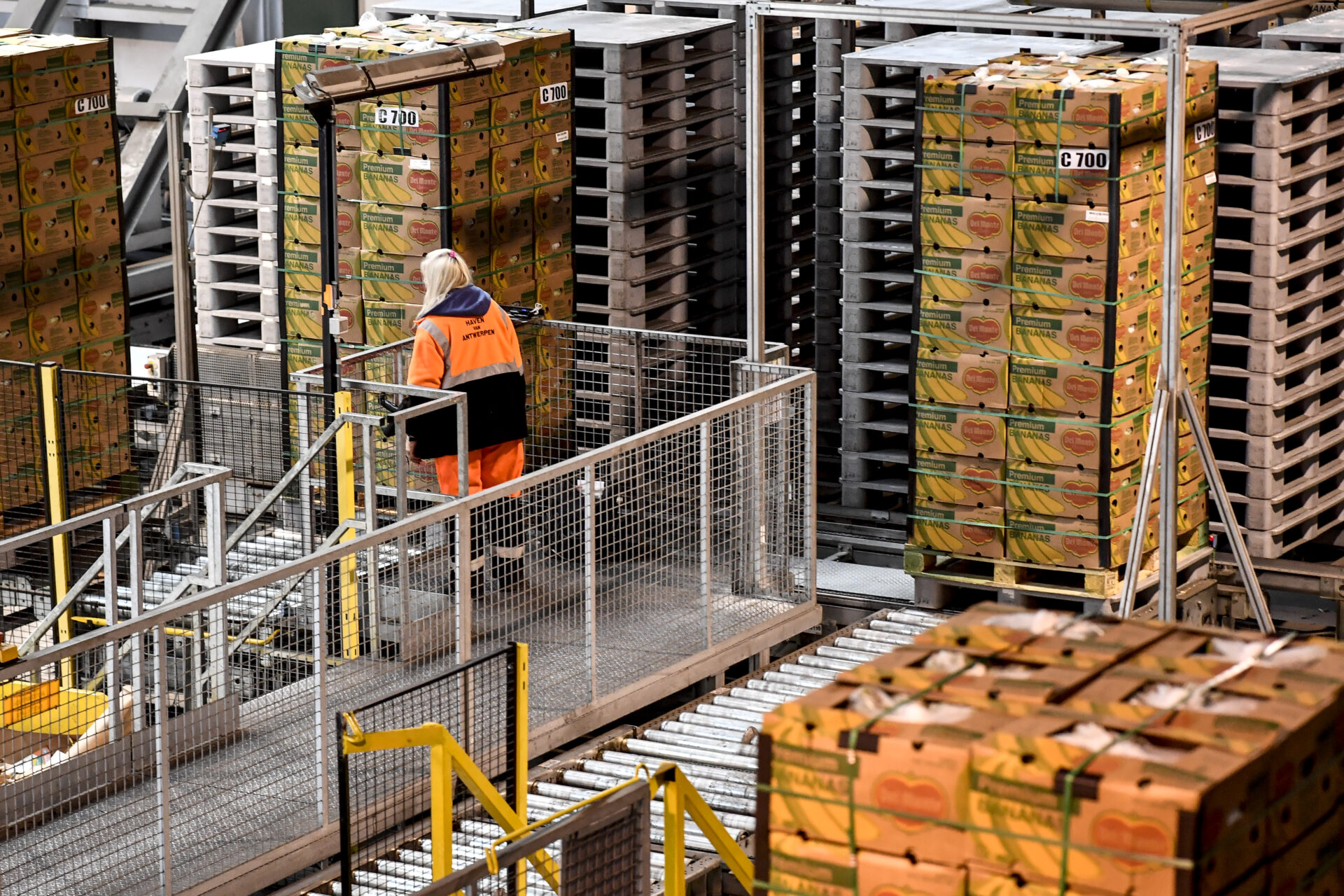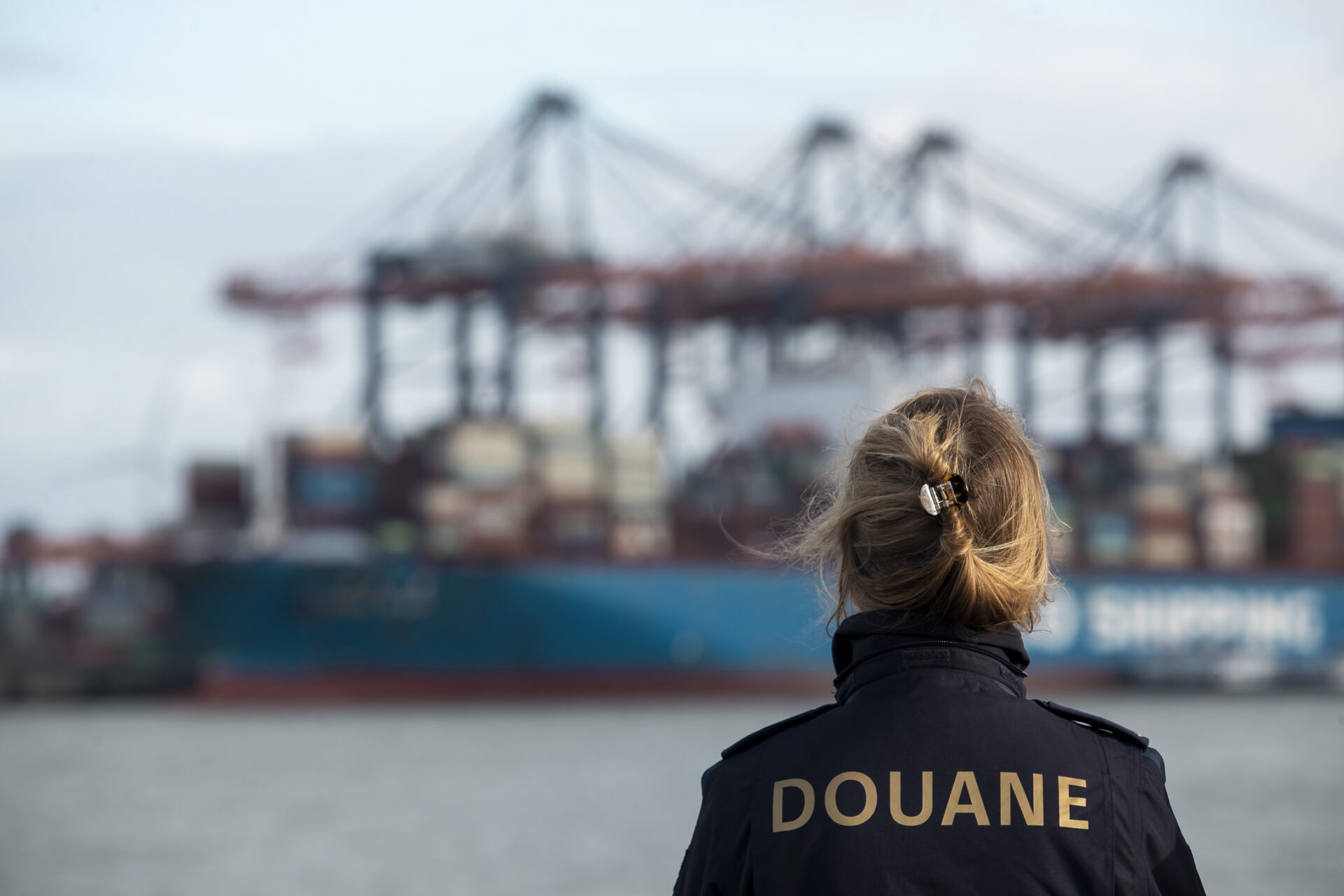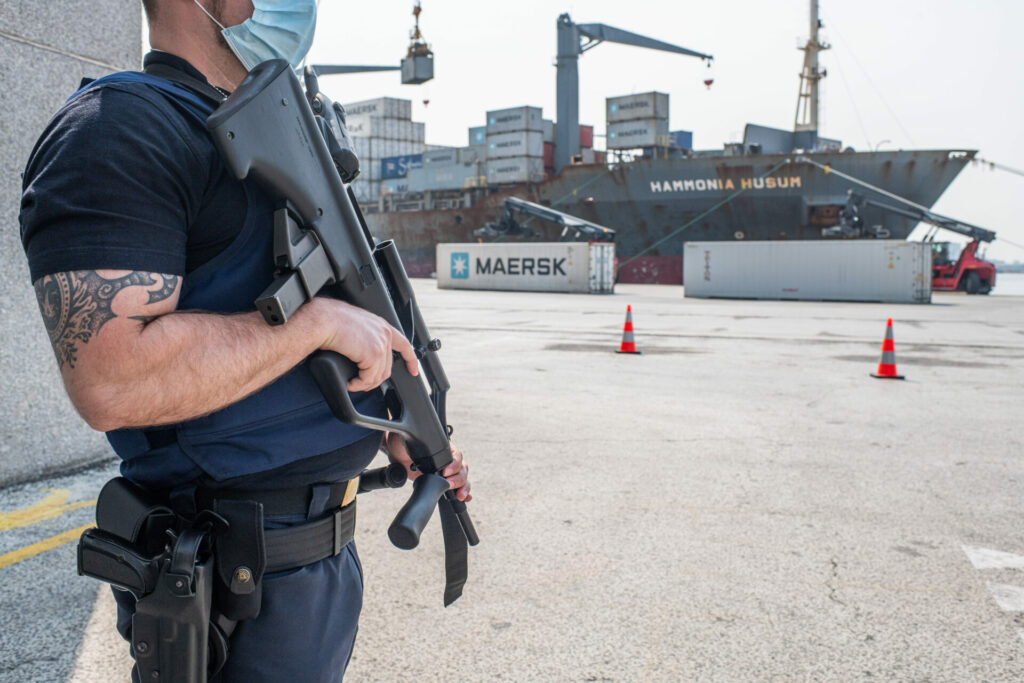The head of customs at Antwerp Port has urged for a swifter incineration process for seized drug shipments to protect his staff against violent drug traffickers, or unions warn that "sooner or later there will be deaths."
After several large cocaine shipments were intercepted and seized at the Port of Antwerp in October, drug lords have reportedly been getting nervous, with organised crime groups now increasingly attempting to retake their seized loads and putting port staff at risk.
In this context, port authorities are accusing Belgium of being slow in getting rid of seized drug shipments, which increases the risk of retaliation by organised crime groups. "We need to burn cocaine faster. The lead time between seizure and destruction has to be shorter," said Kristian Vanderwaeren, the Administrator General of Customs, who is worried about the safety of his staff.
"Anyone dealing with drugs is no longer safe. That is a new reality," he told De Standaard in a reaction to Friday's events.
On Friday, two dock workers were gagged and threatened with knives by three men who were able to enter undetected into the GIP Left Bank, where customs scans suspicious containers for contraband such as cocaine.
"The criminals were targeting a container of animal skins seized by the Federal Agency for the Safety of the Food Chain (FAVV)," said Bart Torrekens, Customs Officer and President of the independent trade union NUOD.

Dock worker handling stacks of boxes with bananas in the port of Antwerp. Credit: Belga / Dirk Waem
While the shipment had been stopped to inspect the animal skins, authorities believe that a GPS tracker had been placed inside the container. It is suspected that the three individuals searched and stole back the drug load, but the Antwerp Public Prosecutor’s office has not commented on the matter.
In mid-October, the actions of the Antwerp local police's Rapid Response Team (SRT) also narrowly prevented a heavily-armed gang from stealing back a seized 10-tonne cocaine cargo from customs.
Hitting the pockets
In October alone, port customs intercepted more than 23 tonnes of cocaine. Last Friday, another 7.5 tonnes were found in a refrigerated container at quay 1742. Drug seizures are also rising in Rotterdam, where the same organised crime groups are active.
The latest rise in violence is believed to stem from the rise in seizures, which is beginning to hit the pockets of Antwerp and Rotterdam trafficking gangs. Union leader Torrekens told the Gazet van Antwerpen that customs' premises and buildings are not sufficiently guarded.
"We need people. Our armed guard service has 30 men. Far too few. We should have at least twice as many. And we also need better weapons. The gangsters have heavy weapons, we do it with pistols. If the government doesn't intervene soon, I don't rule out people going out of work. Otherwise, sooner or later there are going to be deaths," Torrekens said.

Credit: Belga / Kristof Van Accom
Head of customs Vanderwaeren believes that cocaine storage should be kept to a minimum to ensure the safety of his officers. "We have seized a lot of drugs recently. But there is an urgent need for protection during the whole chain of seizure, storage and processing. We get support from the police... but they, like us, lack capacity... To achieve that, the capacity to burn the cocaine has to go up.”
Vanderwaeren noted how previously, customs were able to transport the shipment to Ghent, Harelbeke and Bruges for incineration but recent legislative changes mean they can only be done in Antwerp or Brussels. "We certainly do not advocate travelling unnecessary distances with cocaine, because that is also a risk. But in the Netherlands, they destroy the drugs on the same day. That should be possible here too."

